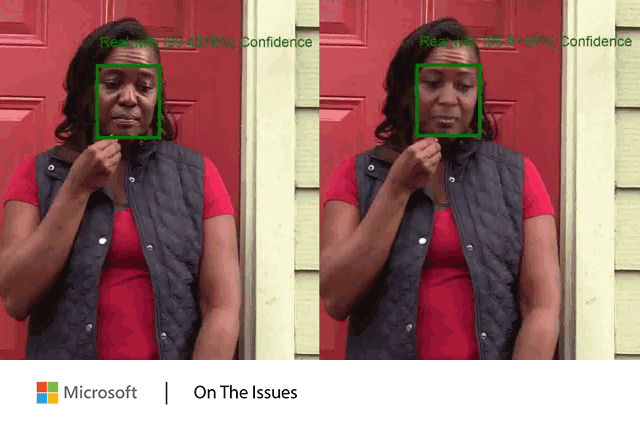There is no question that disinformation is widespread. Research Microsoft supported from Professor Jacob Shapiro at Princeton, updated this month, cataloged 96 separate foreign influence campaigns targeting 30 countries between 2013 and 2019. These campaigns, carried out on social media, sought to defame notable people, persuade the public or polarize debates. While 26% of these campaigns targeted the U.S., other countries targeted include Armenia, Australia, Brazil, Canada, France, Germany, the Netherlands, Poland, Saudi Arabia, South Africa, Taiwan, Ukraine, the United Kingdom and Yemen. Some 93% of these campaigns included the creation of original content, 86% amplified pre-existing content and 74% distorted objectively verifiable facts. Recent reports also show that disinformation has been distributed about the COVID-19 pandemic, leading to deaths and hospitalizations of people seeking supposed cures that are actually dangerous. Microsoft announced two new technologies to combat disinformation, new work to help educate the public about the problem, and partnerships to help advance these technologies and educational efforts quickly. To read the announcement, go to Microsoft on the Issues.
More For You
Ian Bremmer sits down with former US Ambassador to NATO Ivo Daalder to unpack a historic shift in the transatlantic alliance: Europe is preparing to defend itself without its American safety net.
Most Popular
Think you know what's going on around the world? Here's your chance to prove it.
Argentina, Armenia, Belarus, Egypt, Indonesia, Jordan, Pakistan, Paraguay, Vietnam – to name only a few.
A poster featuring Andrew Mountbatten-Windsor, formerly known as Prince Andrew, is installed on a sign leading to the parking area of the Sandringham Estate in Wolferton, as pressure builds on him to give evidence after the U.S. Justice Department released more records tied to the late financier and convicted sex offender Jeffrey Epstein, in Norfolk, Britain, February 5, 2026.
British police arrested former Prince Andrew Mountbatten-Windsor today over allegations that in 2010, when he was a UK trade envoy, he shared confidential government documents with convicted sex offender Jeffrey Epstein.
